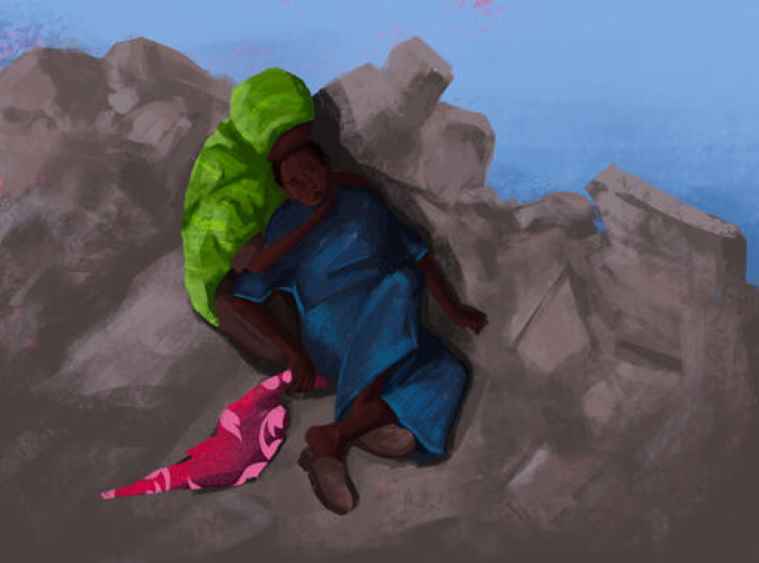
SOUTH ASIA – May 30, 2025 — Médecins Sans Frontières (MSF) is raising the alarm over the widespread use of rape as a weapon in Sudan’s war. In Darfur region, hundreds of women and girls some as young as five, have come forward with accounts of brutal, public, and repeated sexual violence by armed groups. MSF medical teams working in Darfur and in refugee camps across the border in Chad describe the scale and severity of sexual violence as a campaign of terror aimed at humiliating, punishing, and destroying entire communities.
Among the testimonies, a 17-year-old survivor recounted the horror of her assault by the Rapid Support Forces (RSF): “They beat us, and they raped us right there on the road, in public. There were nine men. Seven of them raped me. I wanted to lose my memory after that.” Her story echoes countless other women and girls ambushed in their homes, on the run from violence, or while simply gathering firewood or farming. Survivors consistently report group rape, violent beatings, and threats of death. They are part of a systemic pattern of targeted abuse carried out with complete impunity.
In South Darfur alone, MSF treated 659 survivors of sexual violence between January 2024 and March 2025, but we fear that the real scale of the crisis remains difficult to quantify. The majority were women and girls; many were children, some under the age of ten or younger. More than half reported being attacked by members of armed forces or security groups, often involving multiple assailants. These statistics only begin to reflect the scale of the crisis, as stigma, fear, and lack of access to services continue to silence most survivors.
Across the border in eastern Chad, where more than 800,000 Sudanese refugees have fled, MSF teams continue to care for survivors many of them children. In town after town, survivors describe being gang-raped in public, attacked while fleeing, or singled out for their perceived affiliations. One woman told MSF she was raped after RSF fighters found her nursing certificate and accused her of aiding the enemy. Another man described how he helped carry a 13-year-old girl to a hospital after she was raped and left unconscious in a valley. These are not wartime “tragedies” they are calculated acts of cruelty.
“Women and girls do not feel safe anywhere. They are attacked in their own homes, when fleeing violence, getting food, collecting firewood, working in the fields. They tell us they feel trapped,” says Claire San Filippo, MSF emergency coordinator. “These attacks are heinous and cruel, often involving multiple perpetrators. This must stop. Sexual violence is not a natural or inevitable consequence of war, it can constitute a war crime, a form of torture, and a crime against humanity. The warring parties must hold their fighters accountable and protect people from this sickening violence. Services for survivors must immediately be scaled up, so survivors have access to the medical treatment and psychological care they desperately need.”
In some areas, MSF has introduced community-based care through midwives and trained health workers to provide emergency contraception and psychological first aid. This model has increased the number of survivors seeking help. But such services are still far too few. There is an urgent need for massive scale-up of medical care, trauma counseling, safe shelter, and protection services in both Darfur and eastern Chad.
Even as the violence escalates, access to medical and psychological care for survivors remains dangerously inadequate. Survivors often face insurmountable barriers to treatment, long distances, prohibitive costs, fear of reprisal, and shame. “I cannot say anything to the community because it will be a shame for my family,” said a 27-year-old woman treated by MSF in eastern Chad. “I’m only asking for medical help now. I was too afraid to go to the hospital.”



